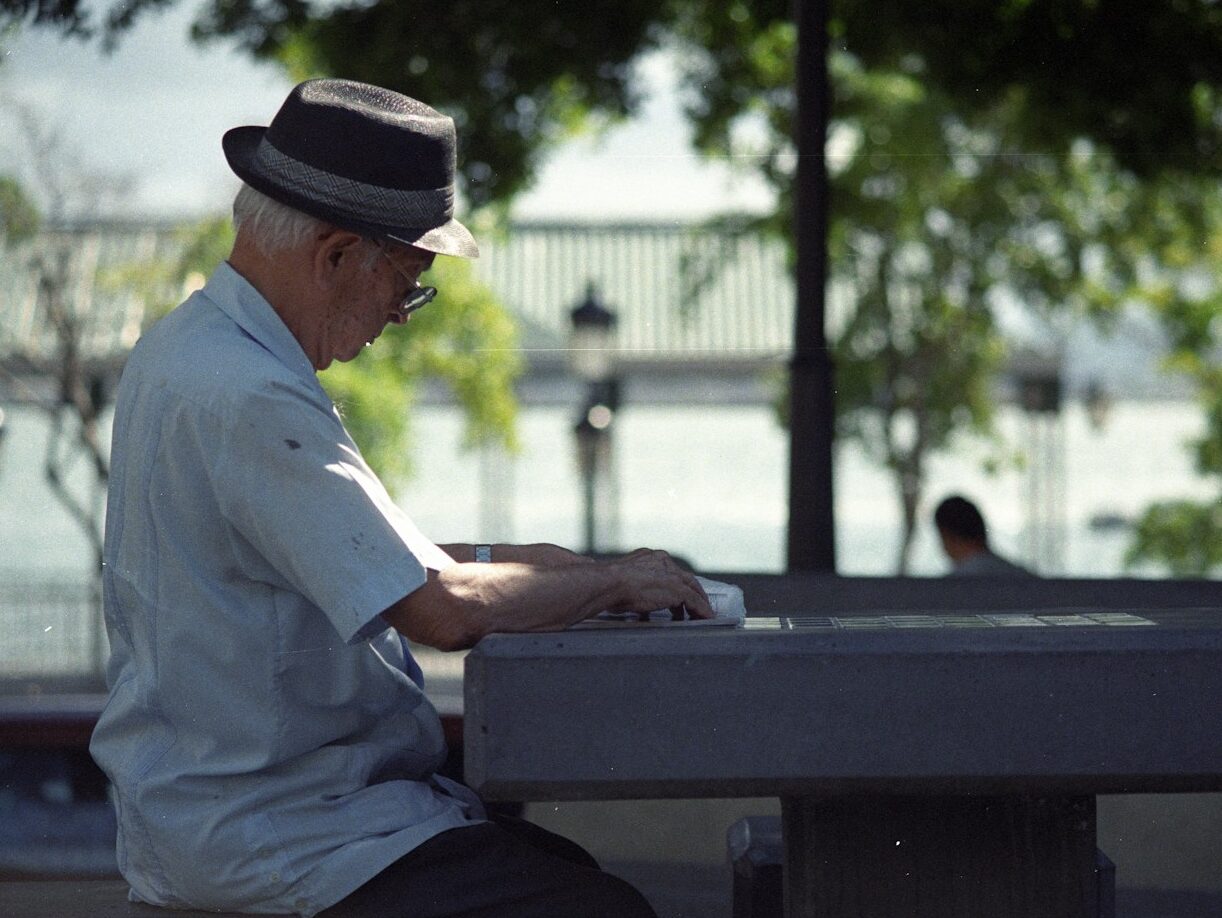
Getting older brings freedom and wisdom, but it also makes staying connected harder. Isolation can sneak up slowly, and before you know it, you’re spending much more time alone than with others. Loneliness isn’t always obvious, but the signs are there if you look closely. Here are 15 signs you’re becoming more isolated in old age.
You Stop Going Out As Much

At first, you may just skip a gathering or two, but soon staying home feels easier than making plans. Outings that once felt exciting start to feel like too much work. When errands, events, or even simple visits sound exhausting, it’s a sign you’re pulling back. Isolation creeps in slowly, and staying in becomes the new normal much more often.
Phone Calls Get Shorter

Conversations that used to last for hours turn into quick check-ins. You may tell yourself you’re just busy, but deep down, you’re avoiding long chats. Over time, people call less often because they sense you don’t have much to say. Shorter calls seem harmless, but they create distance. Pretty soon, you find yourself talking to others much less than before.
Friends Stop Reaching Out
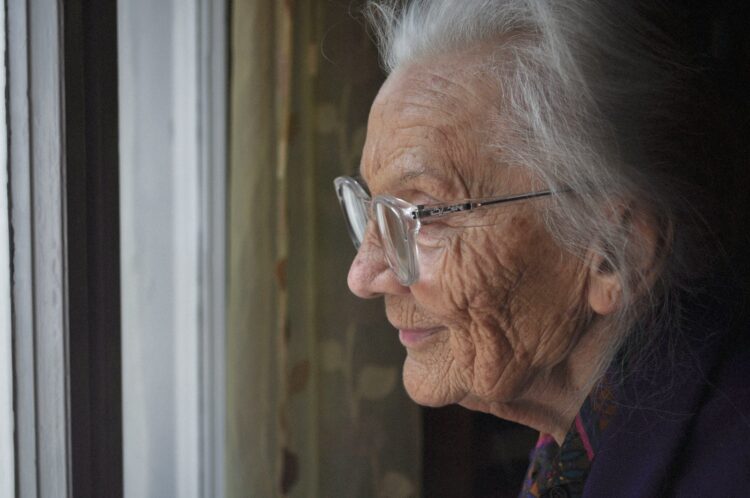
When you turn down invitations too often, friends stop asking. It’s not that they don’t care—it’s just that rejection makes them pull back. Without realizing it, you’ve created space between yourself and others. Once invitations fade, it’s very easy to drift into isolation. This slow fading of friendships is one of the biggest signs you’re becoming more cut off.
You Avoid Family Gatherings

Even when family events happen, you might choose not to go. The noise, travel, or effort feels overwhelming, so you stay home. Missing one or two gatherings doesn’t seem like much, but eventually, you stop showing up altogether. Family bonds weaken without face-to-face time, and that’s when loneliness sets in. Avoiding family is a clear sign of growing isolation.
Meals Become Solitary

Eating alone now feels pretty normal, whether it’s breakfast, lunch, or dinner. You no longer share meals with friends or neighbors, and the kitchen table feels quiet. Food becomes fuel instead of a shared experience. Solitary meals may not seem like a big deal, but they reveal how disconnected daily life has become. It’s one of the clearest markers of isolation.
You Rely More on TV or the Internet
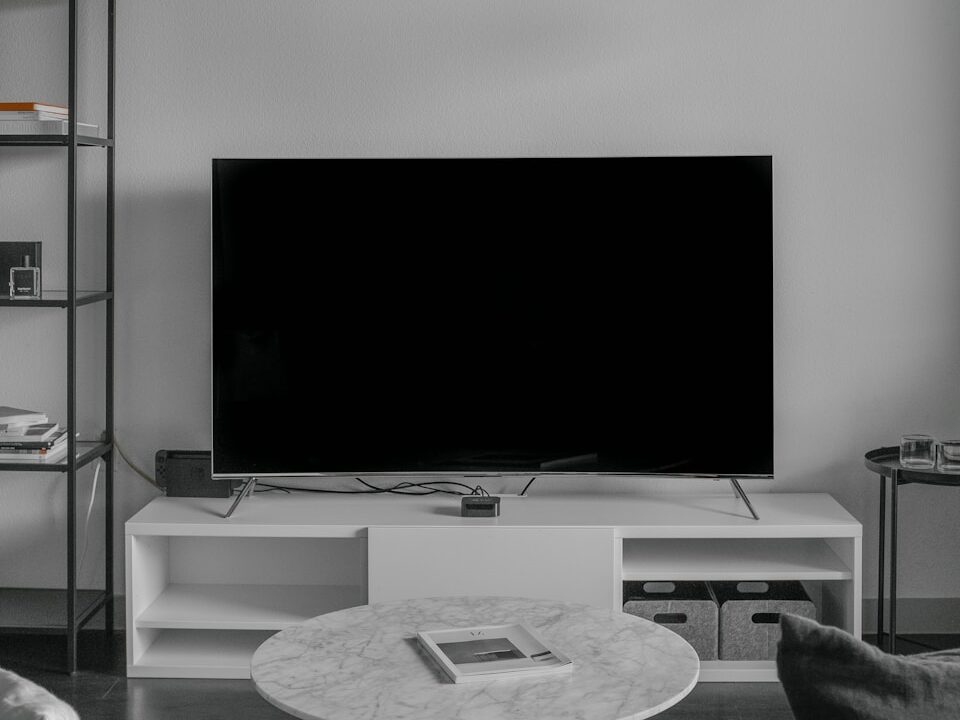
Screens begin to replace people. Watching TV for hours or scrolling online fills the silence, but it doesn’t truly connect you. While entertainment is fine, relying on it much more than real conversation is a red flag. The more you depend on screens to pass the time, the more isolated you become. It’s easy, but it leaves you feeling pretty empty.
Health Keeps You Inside
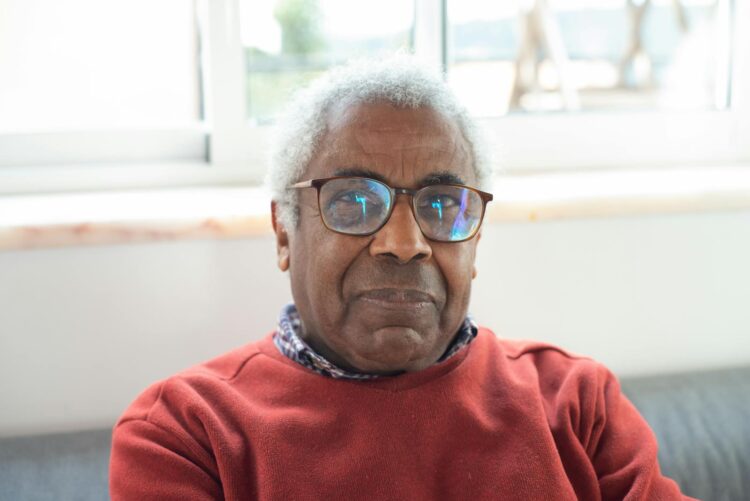
Mobility issues, illness, or fear of falling can make leaving the house feel like a risk. Slowly, you adjust by staying indoors most of the time. While it feels safer, it also cuts you off from others. Health struggles are real, but if they keep you away from people, isolation grows. Being housebound is one of the most common causes of loneliness in old age.
You Sleep More Than Usual
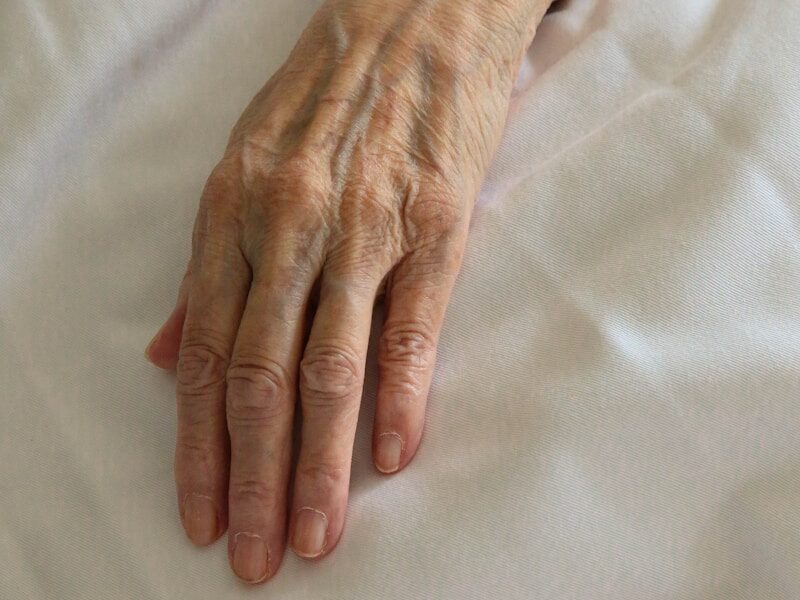
Spending much more time in bed or napping throughout the day can be a sign of withdrawal. Sleep becomes an escape from boredom or loneliness. Instead of meeting friends or pursuing hobbies, you rest to fill the hours. While rest is important, using sleep to avoid life is a clear sign of pulling away. It shows isolation has started affecting your routine.
You Stop Sharing News About Yourself
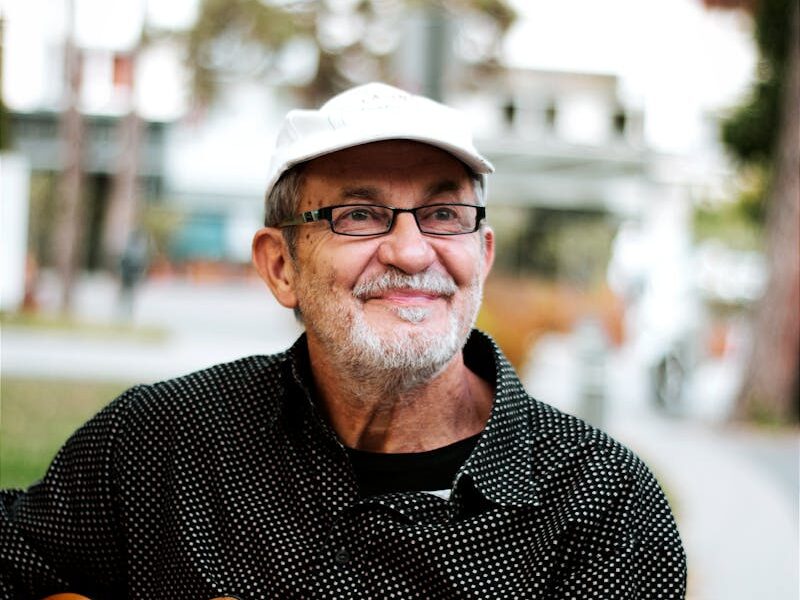
When people ask how you’re doing, you keep your answers short. You avoid opening up about your feelings or what’s going on in your life. Over time, others stop asking because they sense you don’t want to talk. Without sharing pieces of yourself, connections weaken. It feels safer to stay quiet, but it only deepens the distance. This is a subtle but telling sign.
Errands Feel Like Too Much
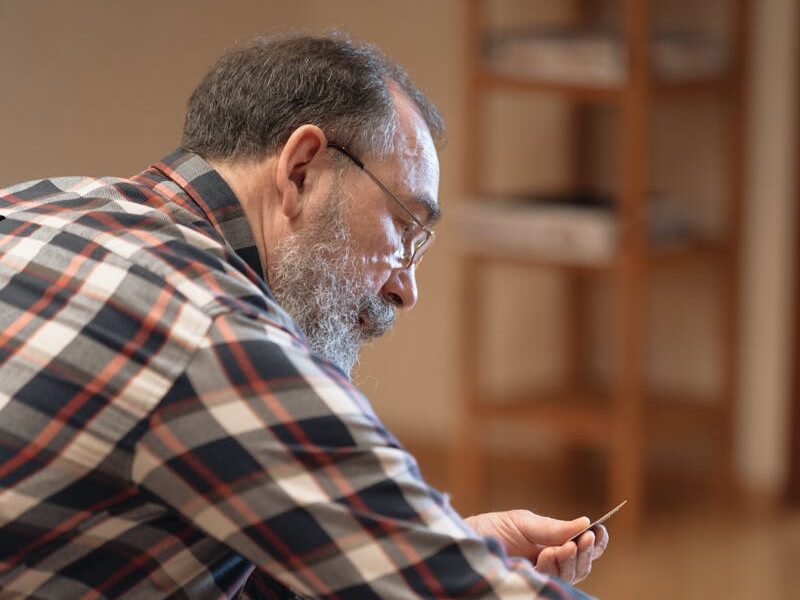
Running to the grocery store or visiting the bank starts to feel overwhelming. Instead, you order delivery or ask someone else to handle it. These small choices keep you home much more often, cutting down casual interactions with others. Everyday errands actually help maintain connection, so avoiding them is another way isolation sneaks in quietly.
Hobbies Fade Away

Activities you once loved (like gardening, painting, or playing cards) don’t bring the same joy anymore. Instead of joining clubs or groups, you let hobbies fade, and you lose both purpose and connection. Hobbies are also ways to stay socially engaged. Letting them slip away is a big sign you’re becoming more isolated without realizing how much it affects you.
You Feel Left Out of Conversations
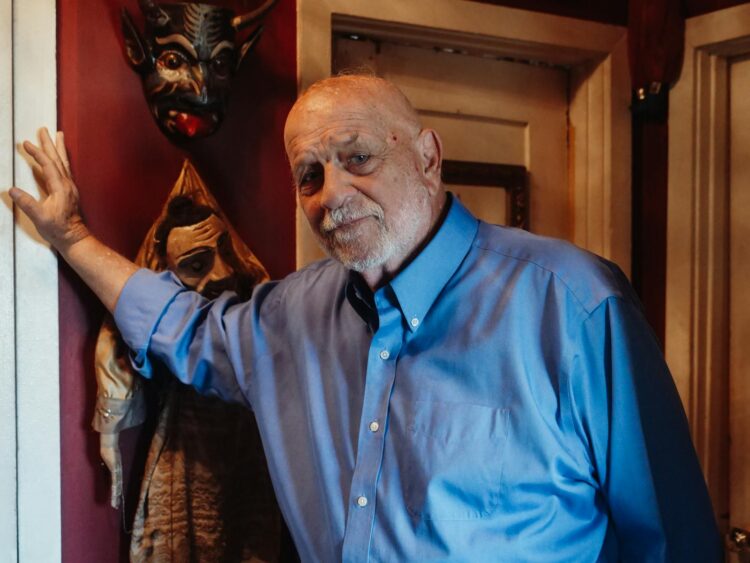
When you do spend time with others, you sometimes feel like you don’t belong. People talk about things you’re not part of, and it makes you pull back further. Feeling left out hurts, and it can make you avoid group settings. Even if people aren’t excluding you, the feeling itself pushes you toward isolation. It’s a very common but painful sign.
Your World Shrinks to Just Routine
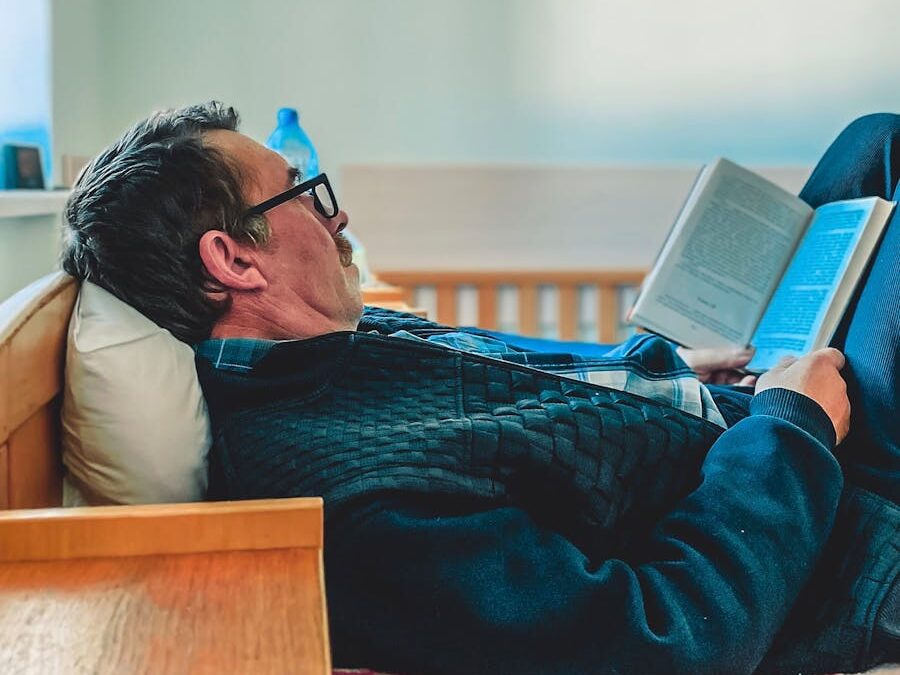
Life becomes the same every day—wake up, eat, watch TV, go to bed. There’s not much variety or excitement anymore. Without new experiences or interactions, all your days blur together. A shrinking world signals growing isolation because nothing breaks the pattern. When life feels repetitive and small, it’s usually because connection with others has weakened pretty badly.
You Talk to Strangers More Than Friends
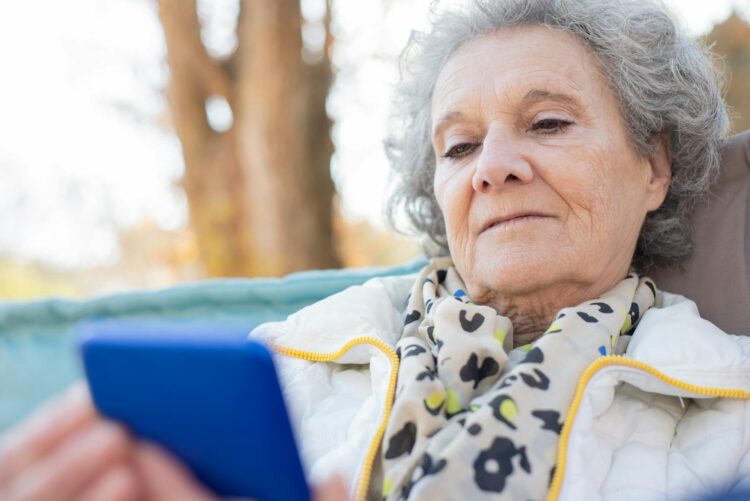
Conversations at the store or with delivery people become your main form of social contact. It feels nice in the moment, but it also stresses how little interaction you have with close friends or family. Relying on strangers for connection shows how isolated you’ve become. Friendly chats matter, but they can’t replace meaningful relationships that you had in life.
You Feel Like No One Notices You
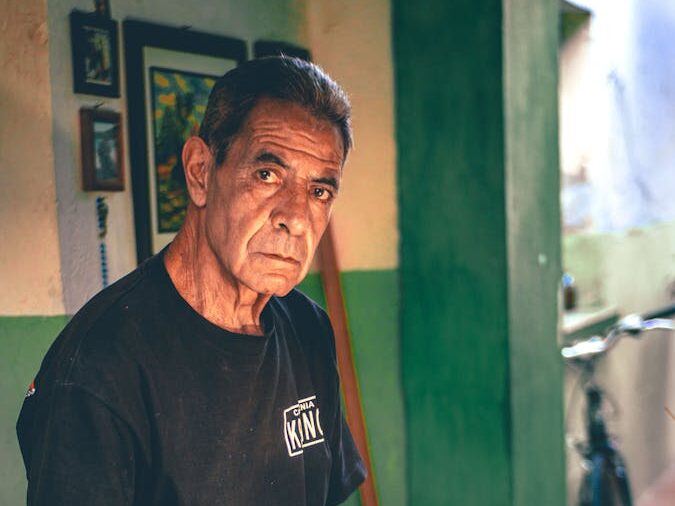
The hardest sign of isolation is the feeling of invisibility. You start believing that no one would notice if you didn’t show up. This thought makes you retreat even further, and it creates a cycle of loneliness. Feeling unnoticed is painful and pretty dangerous for your mental health. It’s one of the clearest signals that isolation has taken hold.

